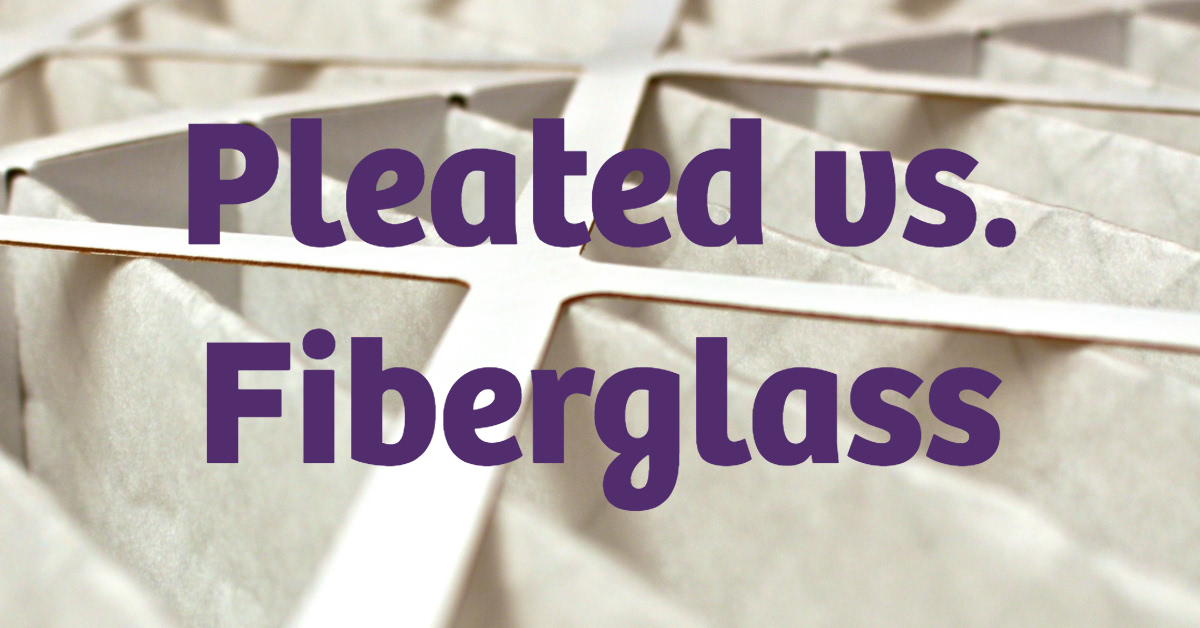Pleated filters are an essential component in many industries where air filtration is necessary. They are designed to increase the surface area of filtration, providing more space for trapping and retaining contaminants in the air. Pleated filters can be used in HVAC systems, air compressors, and dust collectors. They are made of various materials such as fiberglass, polyester, and paper. In this blog, we will explore the importance of pleated filters in different industries, their advantages, and how to choose the right pleated filter.

Industries Where Pleated Filters are Used
1. HVAC Systems: HVAC (Heating, Ventilation, and Air Conditioning) systems incorporate pleated filters to prevent the entry of dust, debris, and other airborne particles into the indoor spaces. The filters trap the contaminants and purify the air, making it safe for breathing.
2. Data Centers: Data centers generate a lot of heat due to the large number of servers operating continuously. Pleated filters are used in data centers to remove particles in the air, allowing the facilities to maintain the necessary temperature and humidity levels.
3. Food Processing: Pleated filters are essential in the food processing industry to maintain the hygienic standards of the processing areas. They ensure that the air remains free of dust, mold, and bacteria, preventing contamination of products.
4. Pharmaceutical: In the pharmaceutical industry, pleated filters are crucial in controlling the air quality during the manufacturing processes. The filters trap contaminants that may interfere with the purity and potency of the drugs.
Advantages of Pleated Filters
1. Efficiency: Pleated filters have a higher filtration efficiency than their flat counterparts. The pleated design creates more surface area for filtration, increasing the filter's capacity to trap contaminants.
2. Longevity: Pleated filters last longer than flat filters. The increased surface area in pleated filters allows them to hold more dust and debris, prolonging their lifespan.
3. Improved Airflow: Pleated filters have lower resistance to airflow than flat filters, making them more energy-efficient. They allow air to flow freely while still trapping contaminants.
4. Customizable: Pleated filters come in various sizes, shapes, and materials, allowing them to be tailor-made to suit specific filtration needs.
How to Choose the Right Pleated Filter
When choosing a pleated filter, there are several factors to consider:
1. Efficiency Rating: Look for a filter with a high-efficiency rating. The rating indicates how well the filter can trap contaminants.
2. MERV Rating: MERV (Minimum Efficiency Reporting Value) rating measures the effectiveness of the filter in trapping small particles. A higher MERV rating means the filter can trap smaller particles.
3. Material: Choose the right material for your filtration needs. Pleated filters are made of fiberglass, polyester, and paper. Each material has its strengths and weaknesses.
4. Size: Ensure that the filter fits perfectly into the filter housing. A poorly fitting filter can allow unfiltered air to enter the system.
Conclusion
Pleated filters are an essential component in many industries, including HVAC systems, data centers, food processing, and pharmaceutical. They offer several advantages, including higher filtration efficiency, improved airflow, and longer lifespan. When choosing a pleated filter, consider the efficiency rating, MERV rating, material, and size. A well-chosen pleated filter will ensure that your air filtration needs are met efficiently.